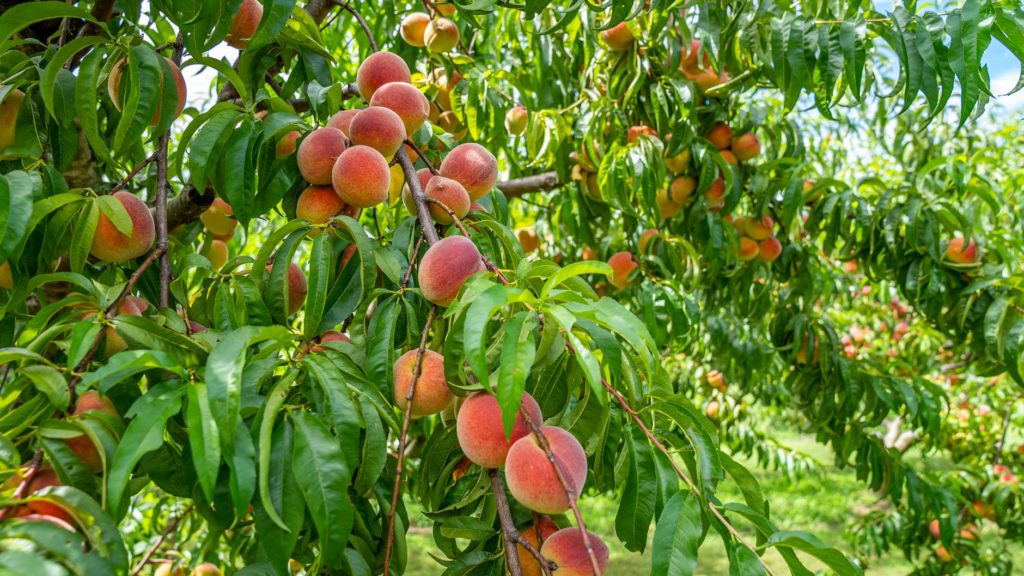By Clint Thompson
Chlorpyrifos can legally be used to manage peachtree borers in late variety orchards that are not being harvested or were harvested early.

Brett Blaauw, assistant professor at the University of Georgia (UGA) College of Agricultural and Environmental Sciences, confirmed the news in the UGA Extension Peach Blog.
“As long as they don’t expect to harvest fruits within 365 days from that application. It’s hard to judge, because every year is a little different. For example, July Prince, which would normally be harvested around now was harvested about 2 to 3 weeks ago. If you were growing July Prince in a normal year, if such a thing exists, you could apply it now and you’d still have time; for the 365-day pre-harvest interval would be up by this time and you could harvest. But if next year you’d have to harvest three weeks early then technically that was an off-label application. You would not be allowed to pick that fruit,” Blaauw said.
Chlorpyrifos was banned by the Environmental Protection Agency if used on food.
“If you have August Prince or some of the later varieties that got frosted out or did not produce fruit because of lack of chill this year, if you applied chlorpiryfos now you should be totally fine within that limit.”
Blaauw noted in his blog that the EPA guidance document for the use of chlorpyrifos states, “Applications of chlorpyrifos to or around fruit/nut trees may be considered a non-food use provided applications are made to non-bearing trees (i.e., trees without fruit present at the time of application and that will not bear fruit within one year).”
Blaauw also stresses to growers that if they apply chlorpyrifos to any non-bearing fruit trees, they should avoid any spray drift onto any potential adjacent bearing orchards.
“Because of this zero tolerance of application to fruit, if you’re applying to an orchard who has no fruit or fruit that’s not being harvested, you need to be very careful to either your neighbor’s or even your own blocks that are nearby that have fruit. If it gets accidently sprayed or is dripped on there, legally it makes it so that fruit cannot be harvested,” Blaauw added.
He added that a hand-gun approach to the trunk provides a lower risk of drift compared to an airblast sprayer.









